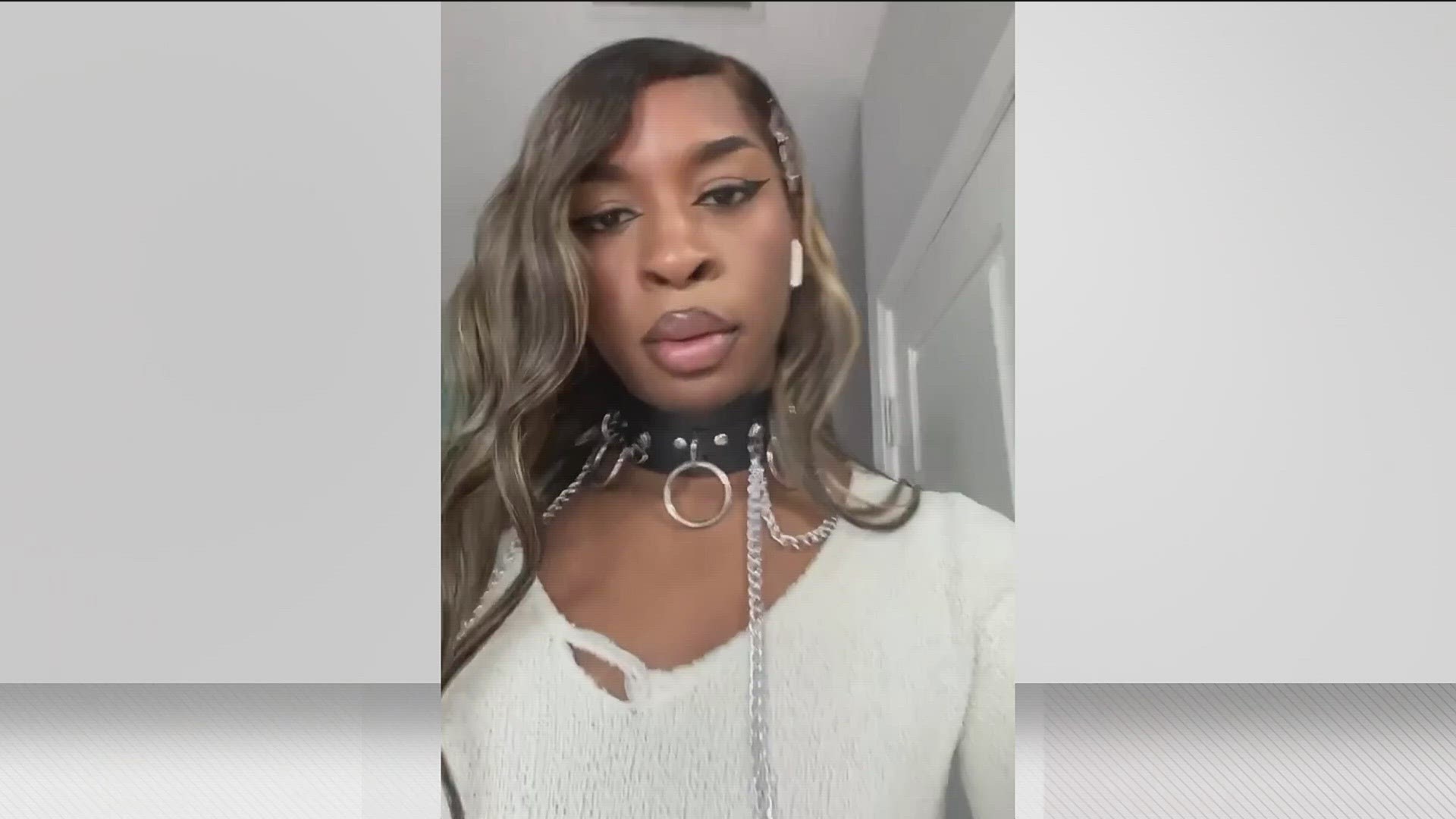ATLANTA — Several laws are going into effect on July 1, and arguably the most controversial piece of legislation is Georgia's ban on certain forms of gender-affirming care for minors.
Gov. Brian Kemp signed the legislation into law in March. It prevents minors in the state of Georgia from being able to get gender reassignment surgery or hormone therapy. The use of puberty blockers is still allowed under the law.
Kia Smith, whose daughter identifies as transgender, says she's concerned about the impact this will have on children younger than her daughter.
"We should not be creating medical barriers to people receiving care, and what we know is those closest to the issue are the ones who have the answers," Smith.
Smith's daughter Cameron began transitioning when she was in her twenties. Smith says her daughter was able to adjust because she had the support she needed which included medical consultation. She worries the people affected by SB140 will struggle.
"We have to understand that these are human beings who we love and care about," Smith.
Yet, to Smith, it's a personal issue that's been thrust into the political limelight.
This law would "protect the health and wellbeing of Georgia's children," Kemp said in a statement following the law's passing.
Several organizations, including the Southern Poverty Law Center and Georgia Equality, condemned SB 140's passage earlier this week. The ACLU of Georgia said that it would sue the state if it were signed into law.
The ACLU said the bill "(interferes) with the rights of Georgia parents to get life-saving medical treatment for their children and prevents physicians from properly caring for their patients."
The new law includes exemptions for people with a medically verifiable disorder of sex development or those who need treatments for other medical conditions. However, minors who are receiving hormone therapy treatment before July 1 would be allowed to continue.
A concern brewing in the medical community is that language was removed from the legislation that would have protected physicians from being held criminally or civilly liable under the law.
Despite the changes, advocates like Nicole Clark who is the director of community outreach and engagement for Destination Tomorrow South say they will do what they can despite the limits the law will put in place.
"We can only do so much as advocates because the law puts like a cap on what we can do. So we hope and pray that things work in our favor also," Clark said.
Proponents of the law warned the bill would negatively affect the mental health of transgender children and their families.
Kim Jackson, a Stone Mountain Democrat, said the legislation bullies "children in order to score political points."
Laws limiting gender-affirming care in Alabama and Arkansas were blocked by federal courts.

